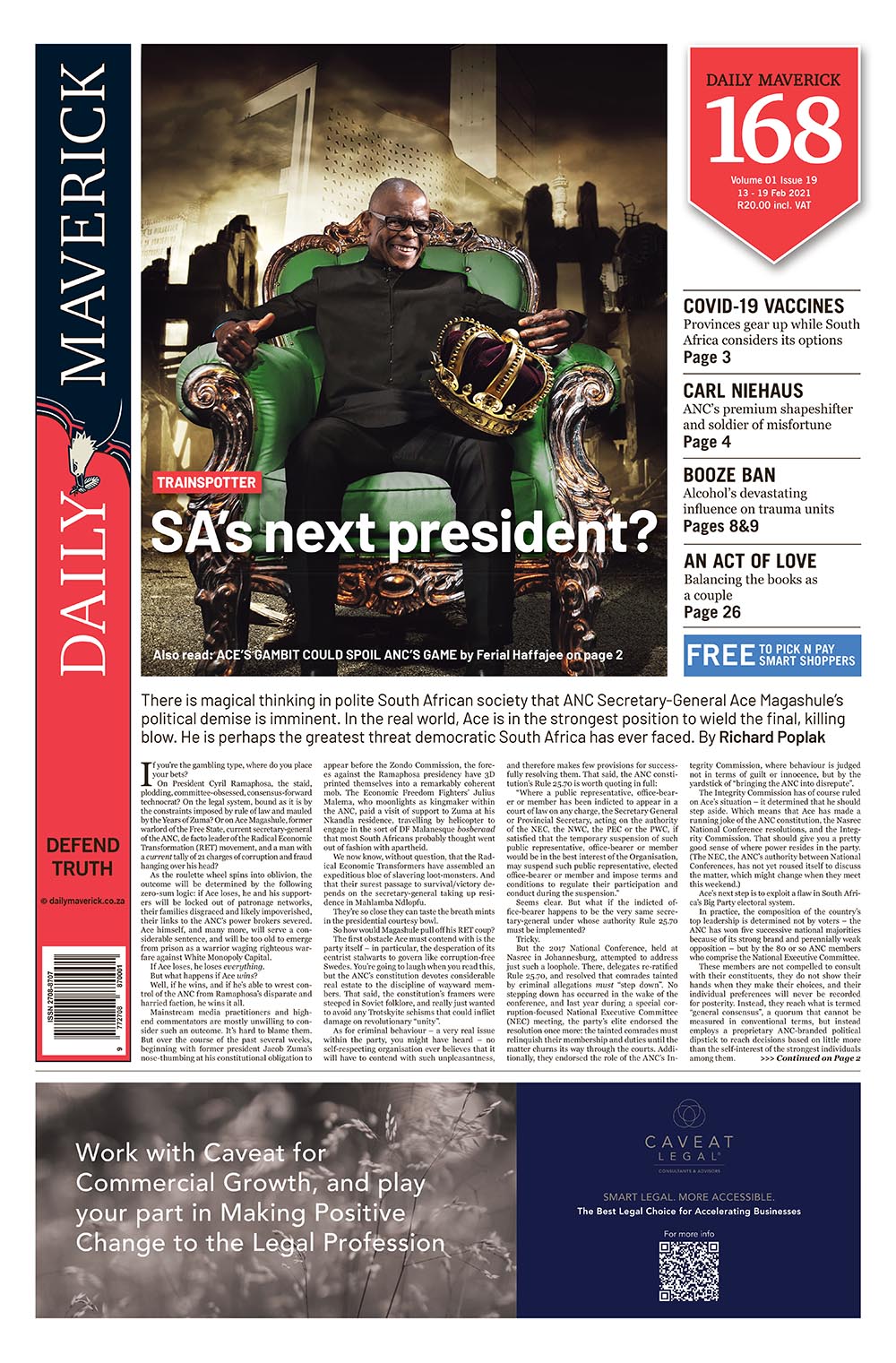First published in the Daily Maverick 168 weekly newspaper.
One of the first paradoxes a start-up entrepreneur faces is choosing the size of their first rented – or purchased – business premises, along with the duration of the lease.
If you are efficient with scarce cash resources, the ideal approach is renting premises that are appropriate for the current number of staff and functions in your business. But when you start growing you will soon run out of space and be forced to either take on new rental space in the same location or terminate your lease agreement, which will most certainly come with penalties or, more likely, a demand for full payment of the lease for the full period.
If you’re signing a three- or five-year lease agreement, you in effect have to guess how much you’ll grow in the next three to five years.
This guesswork is almost always inaccurate – in either direction. This means either you have superfluous space which is costing an arm and a leg which, in turn, is reducing your capacity to grow, or your lack of space is constraining your capacity to grow. A paradox indeed.
It has been my experience that startup entrepreneurs tend to overestimate their growth trajectory and, as a result, take on premises that far too large for their needs. If they then fill this space with expensive and unused furniture, the problem is further exacerbated.
In the past few years, the flexible working space industry has grown in popularity and solves this problem quite elegantly for small businesses.
The entrepreneurial business can expand and shrink its footprint in a pattern that closely resembles its growth or contraction. There are even flexible working spaces these days for a manufacturing context.
What you may lose in egotistical independence (the ability to tell your friends and clients that you have your own offices), you gain in terms of more efficient use of scarce cash with the added benefit of a reduction in headcount and salaries for the likes of receptionists, cleaners and IT support.
Another common mistake entrepreneurs make with their premises is overcapitalising on immovable fixtures and fittings. There needs to be a careful balance between aesthetics and functionality, particularly when it comes to immovable fixtures such as drywalling, air-conditioning, paint, carpeting and tiling, lighting and so on. The cost of this over-capitalisation once again reduces the amount of finance available to support the growth of the company.
When starting a business, get used to the “industrial’’ look and save cash for more important growth investments in your business.
Become creative in how you can use the current drywall floor plan as opposed to knocking everything down and building the offices from scratch. Even floor tiles do not need to be completely lifted and replaced. Often there are just a few carpet or hard tiles that are damaged, stained or worn out which can be removed and replaced, once again saving you that currently scarce resource – money.
In summary, be creative, ego-free and frugal when setting up your premises. There will be plenty of time for building a fancier work environment once your business is profitable and sustainable. DM168
This story first appeared in our weekly Daily Maverick 168 newspaper which is available for free to Pick n Pay Smart Shoppers at these Pick n Pay stores.


















 Become an Insider
Become an Insider
Well done. That is genuine good advice. Better than you would get in business school. I would add that the longer you make do with premises that are “too small” the more profitable you will be. As they say in Lancashire: ” Get a quart out of a pint pot”.